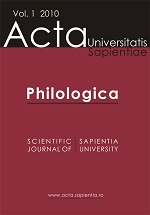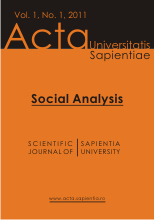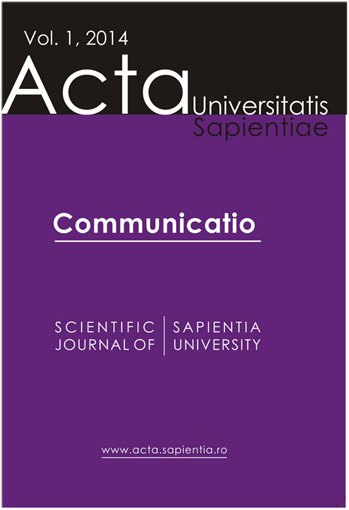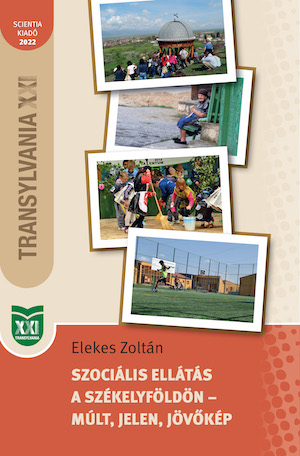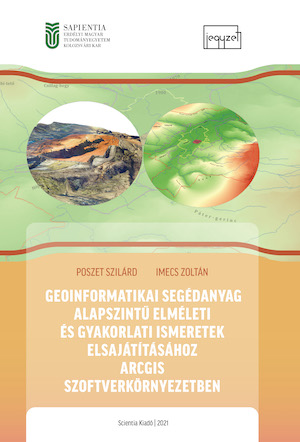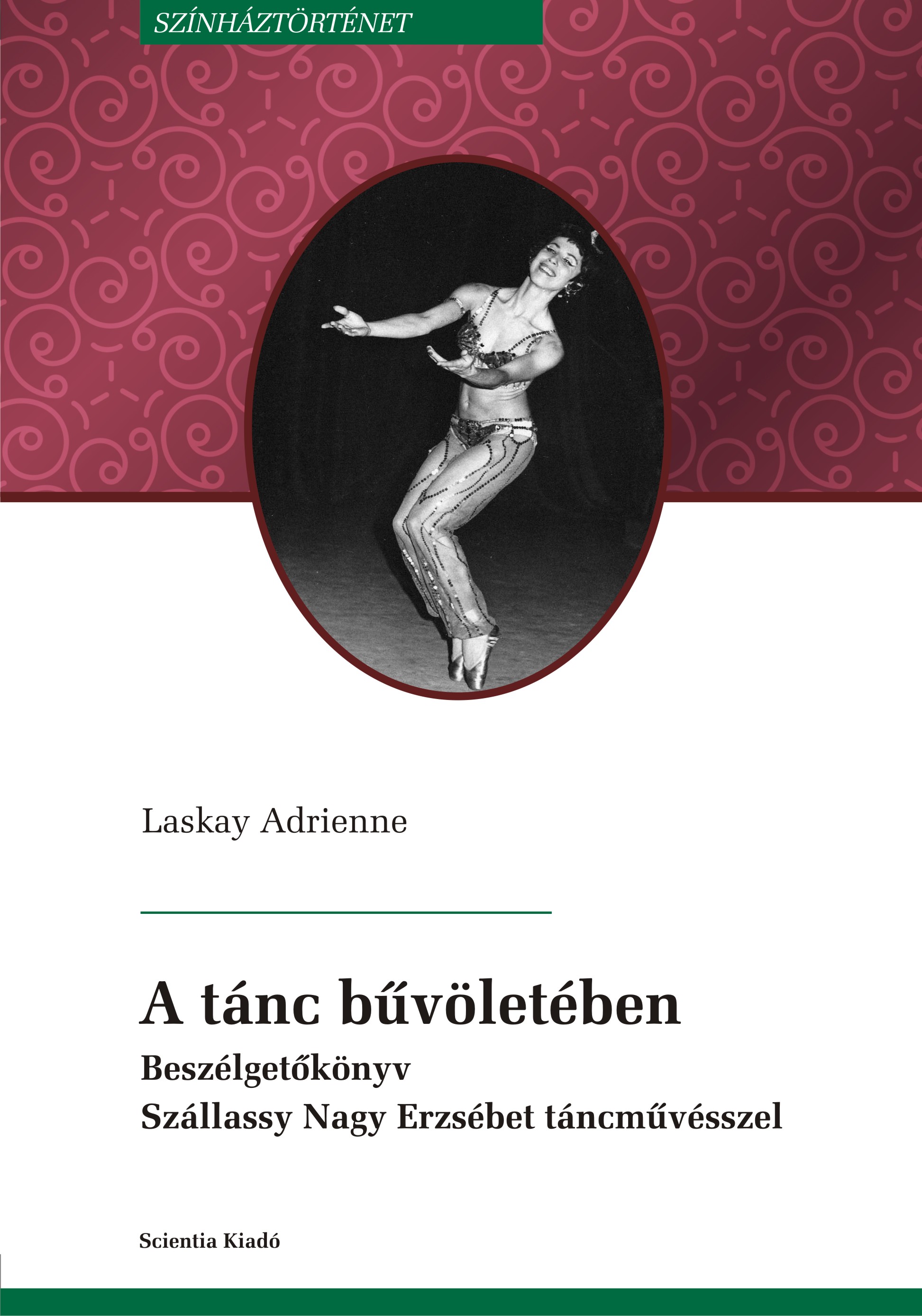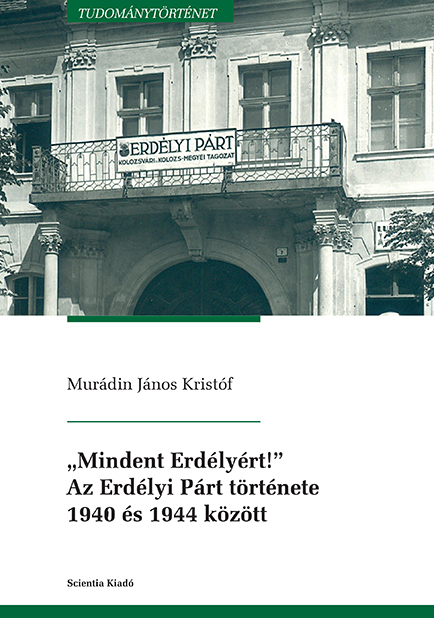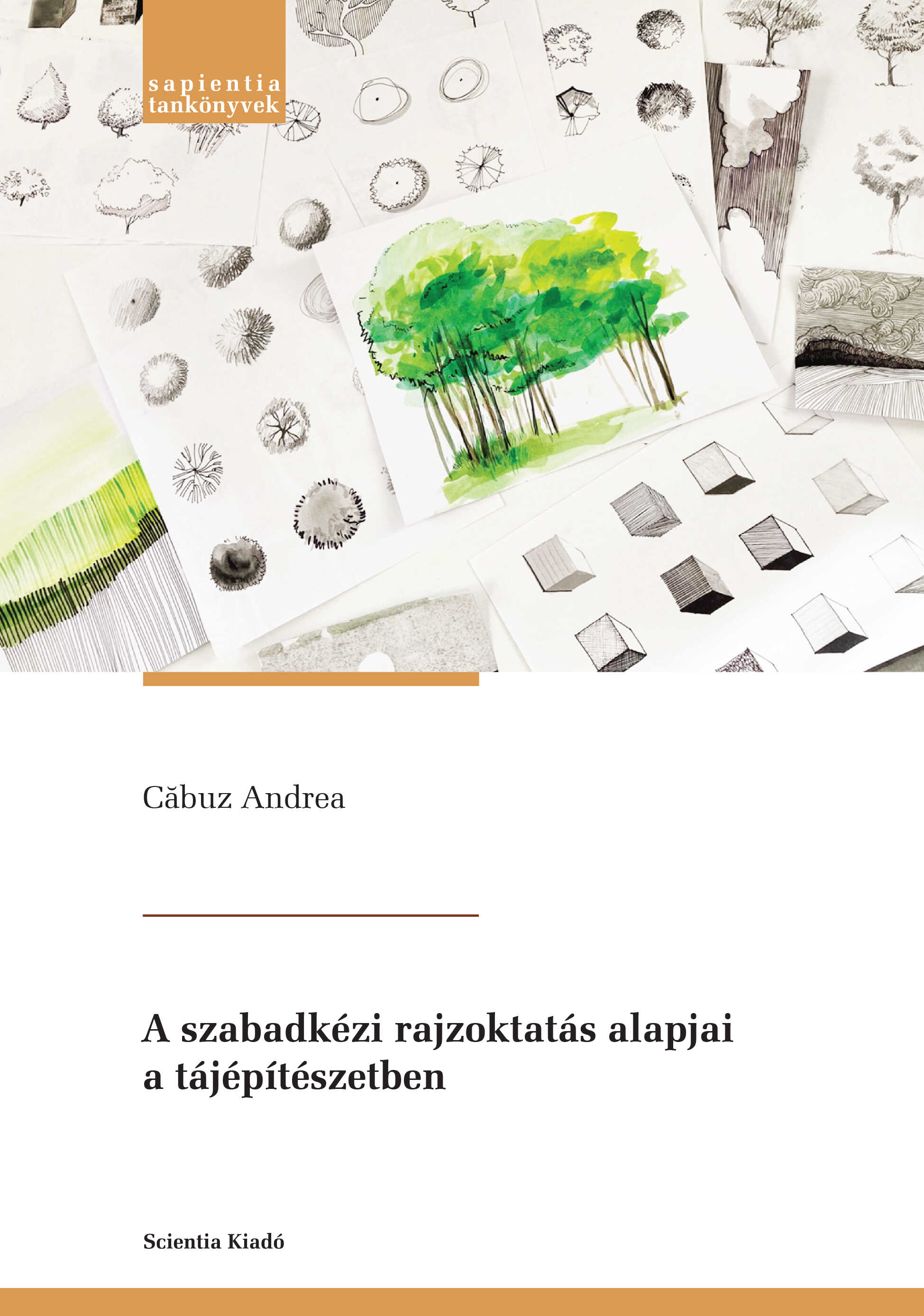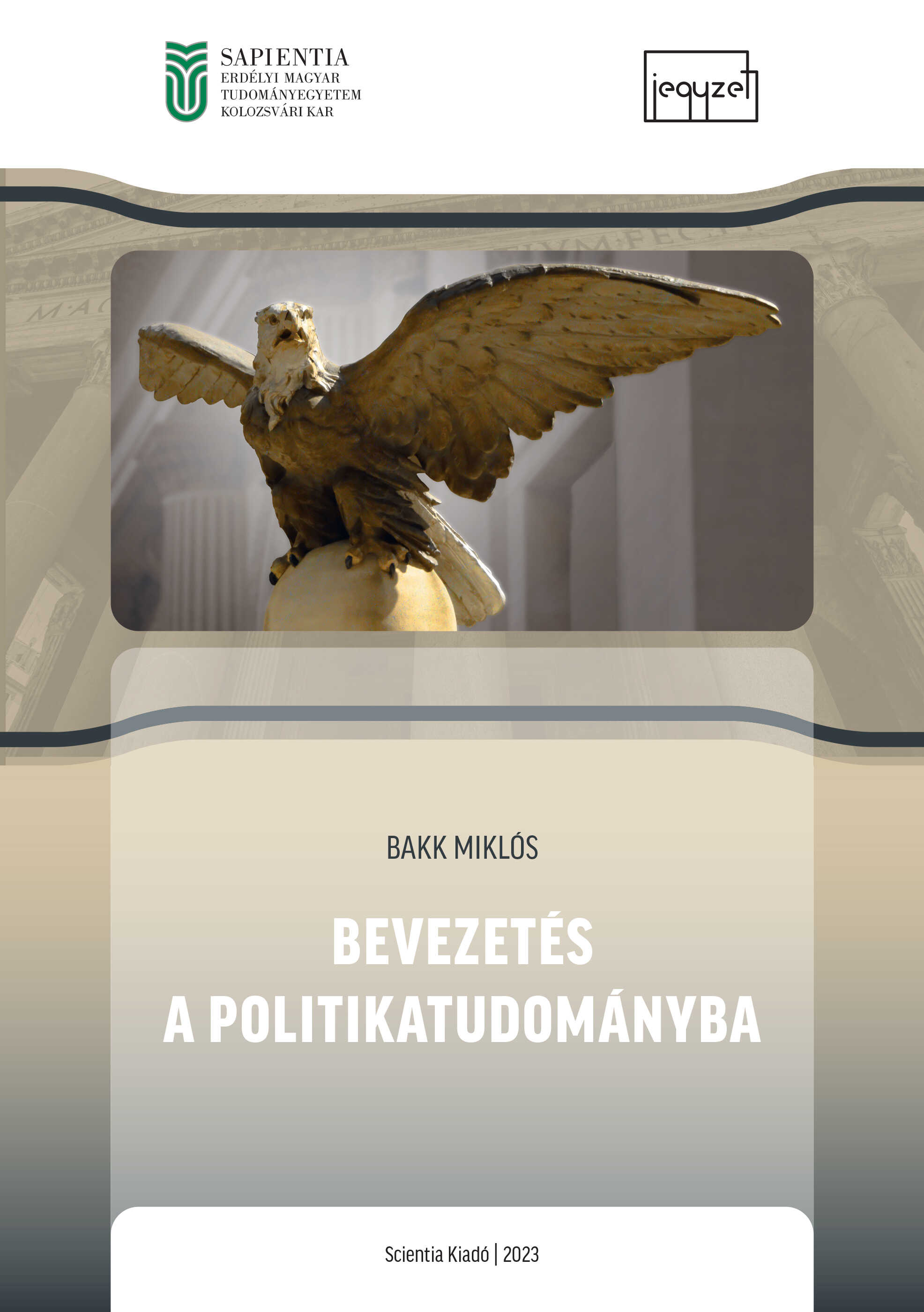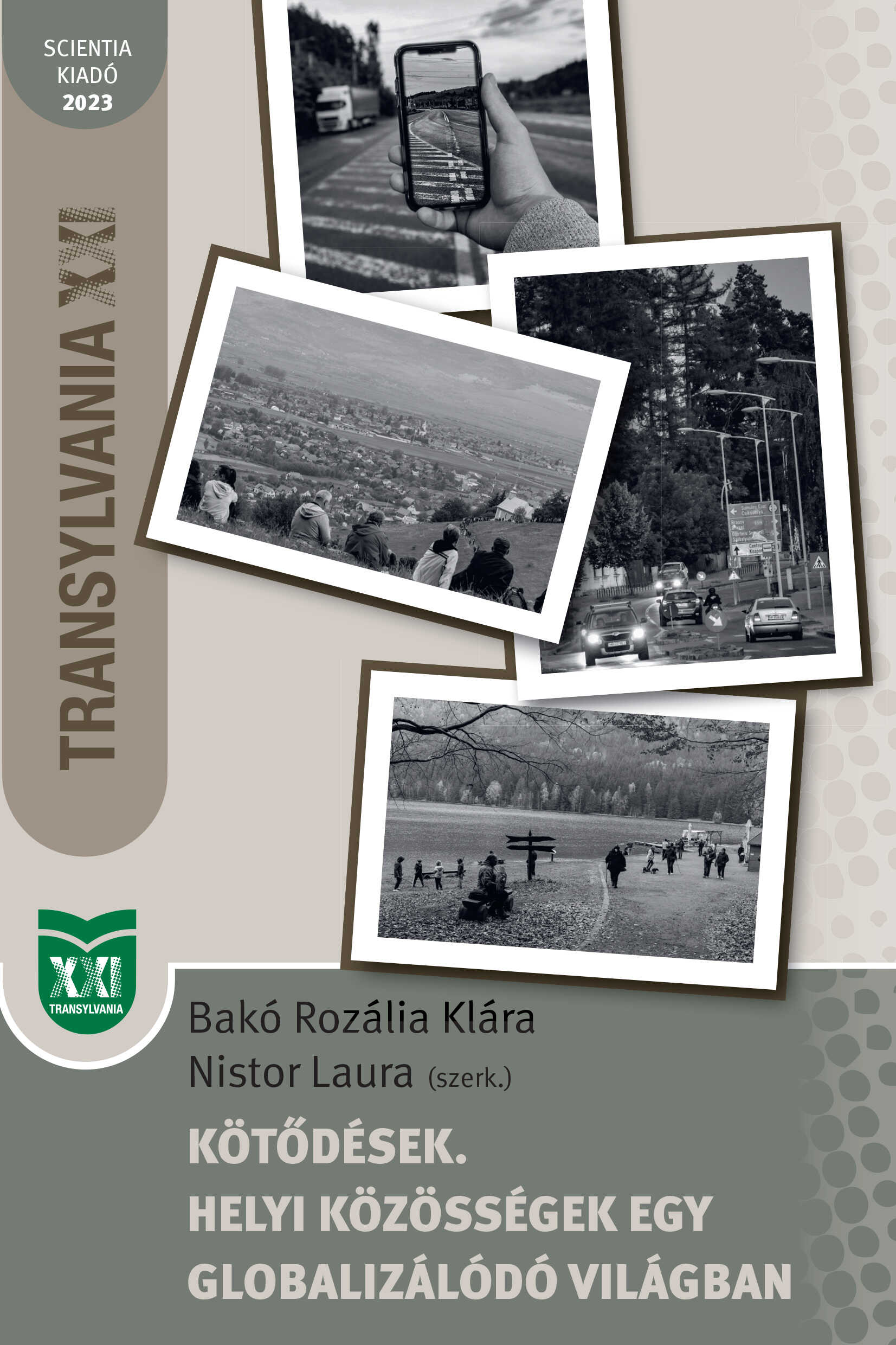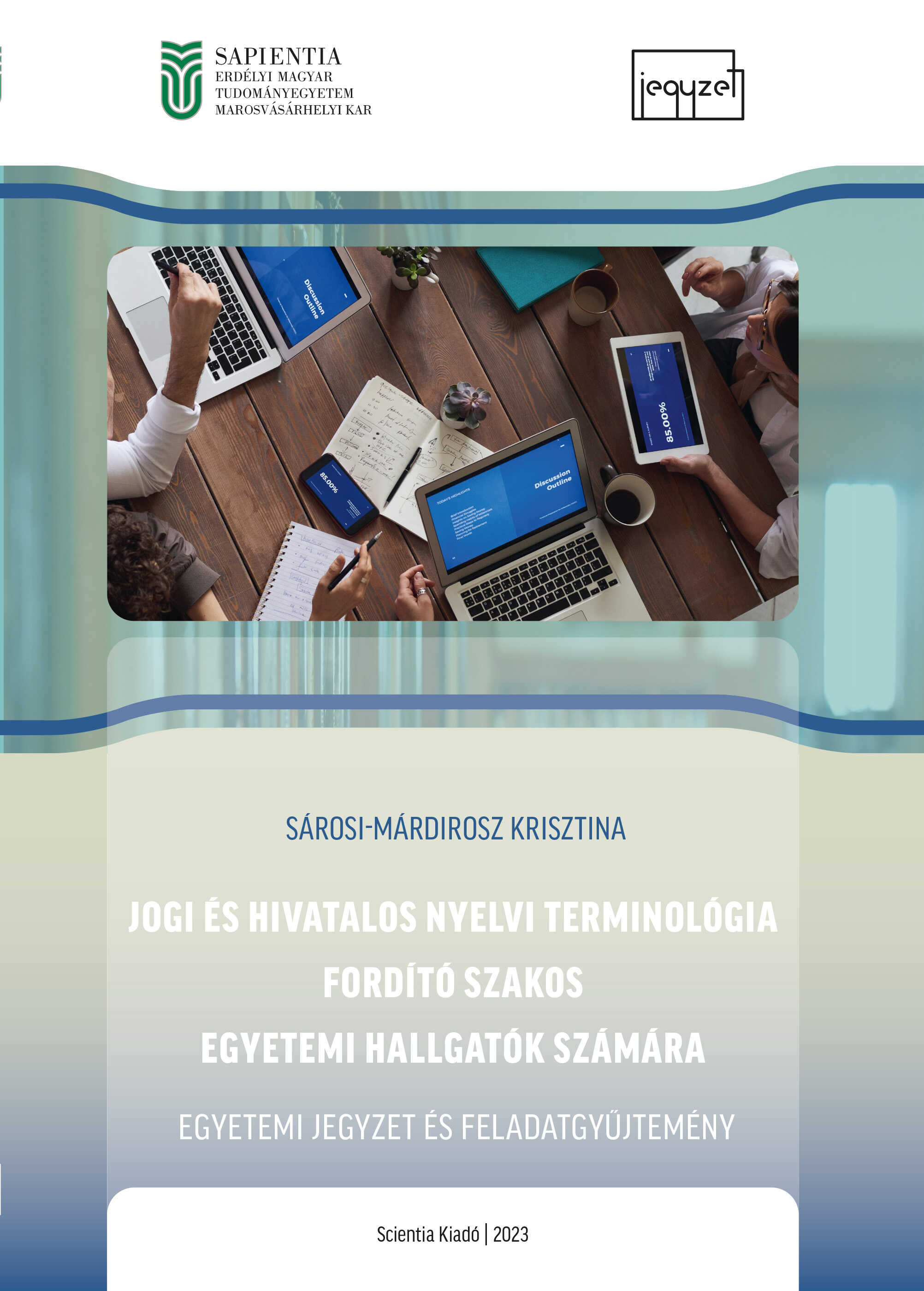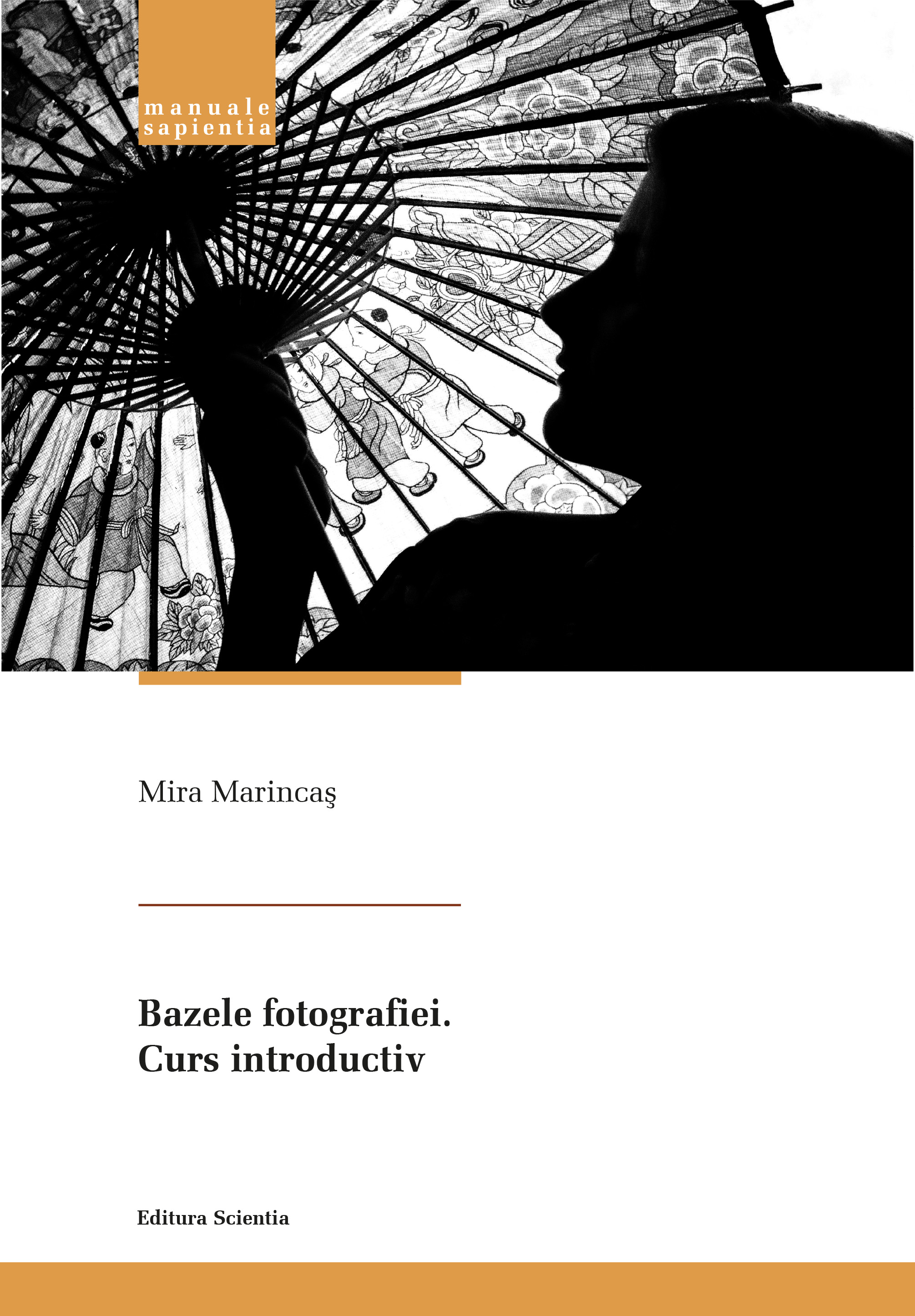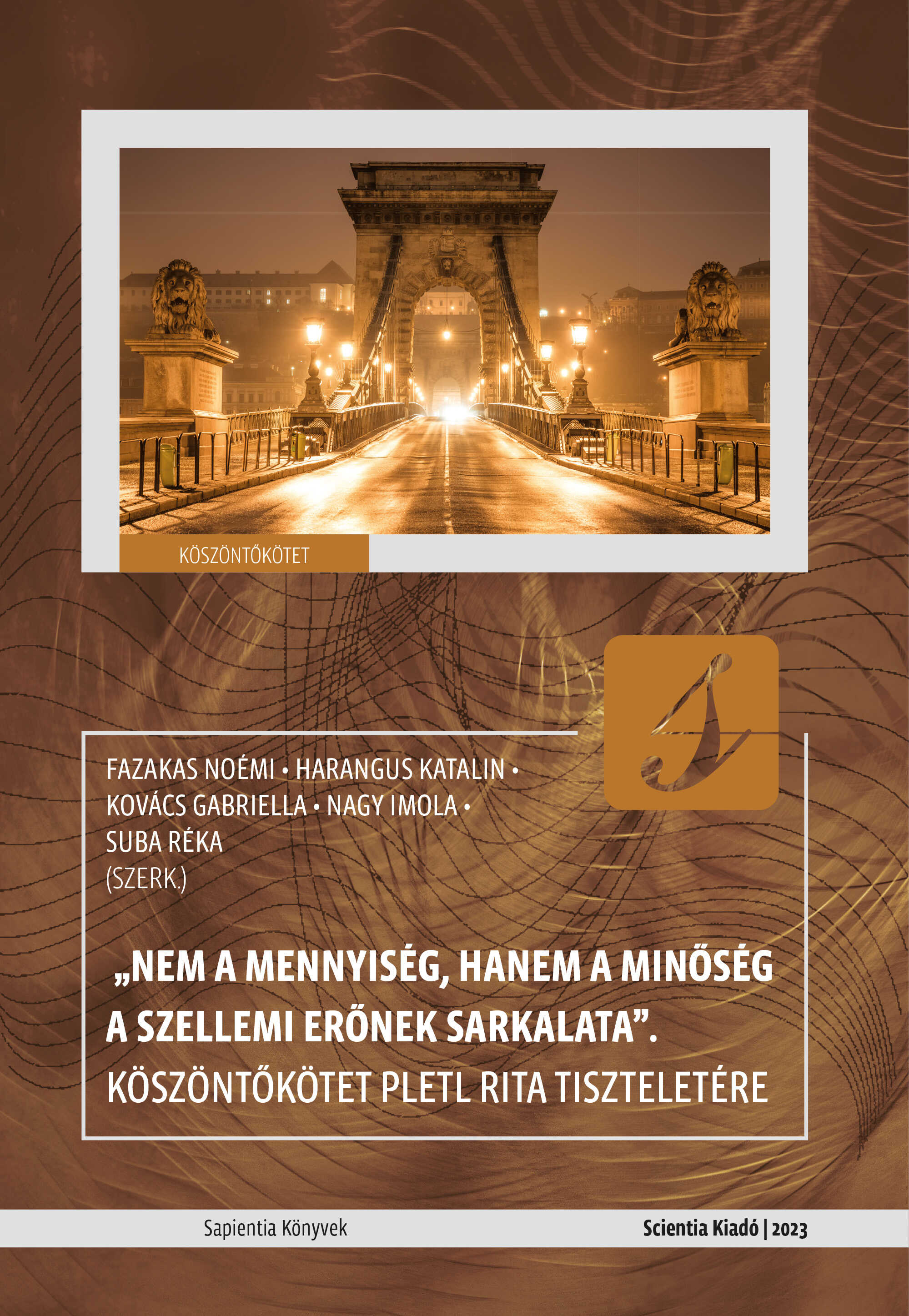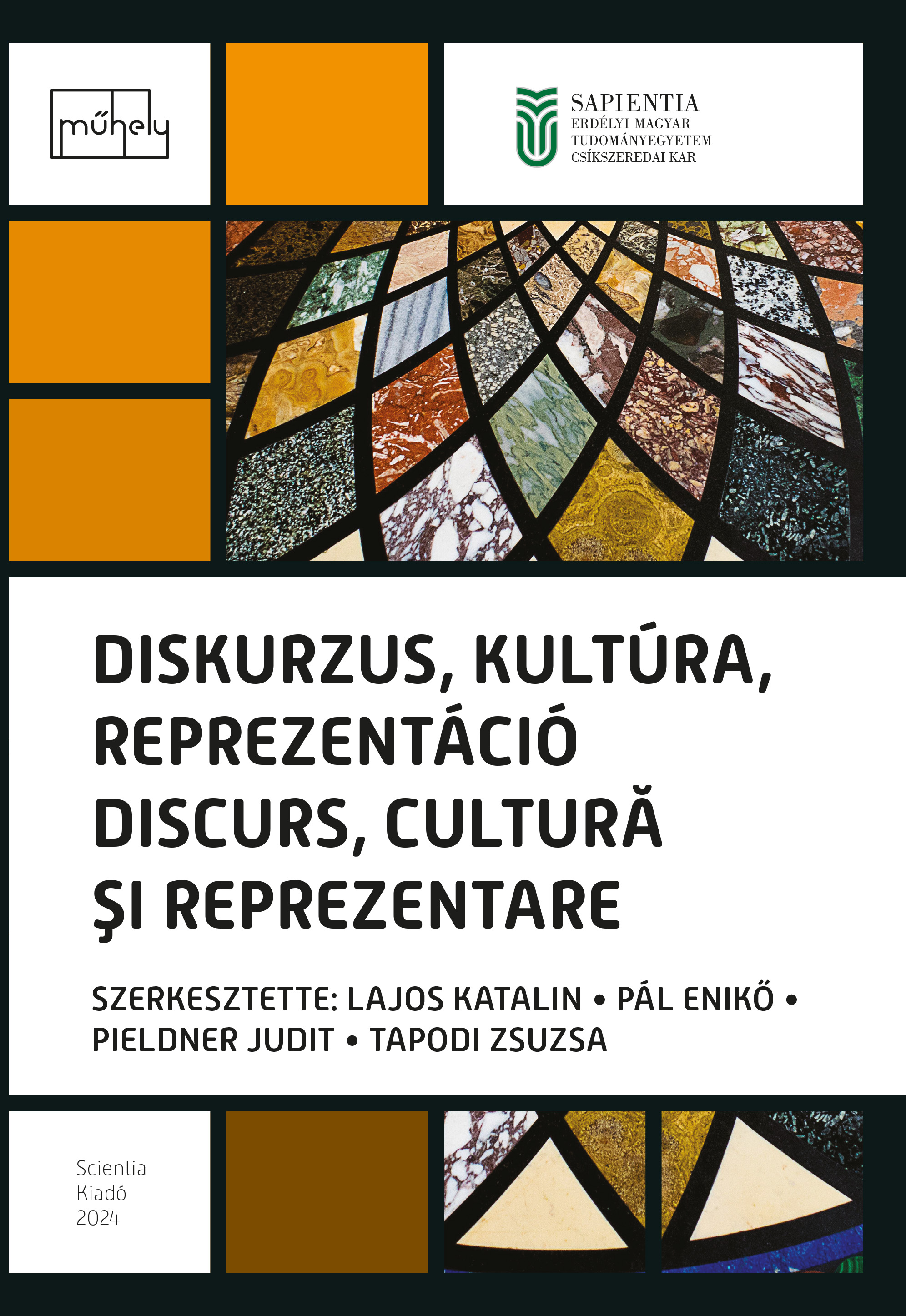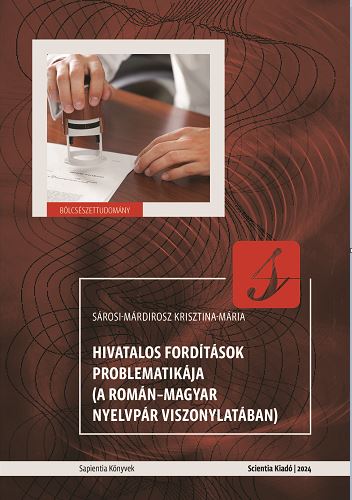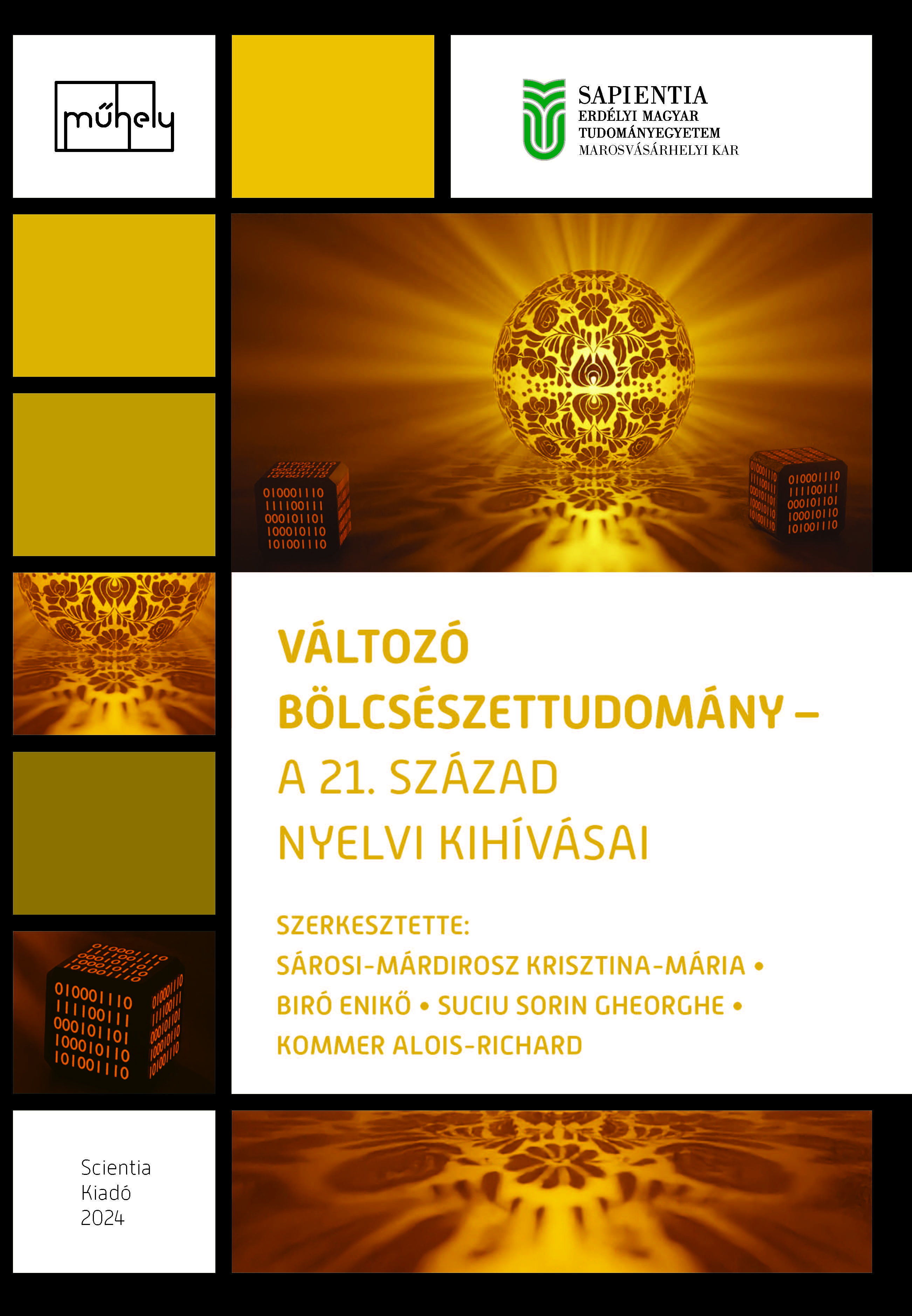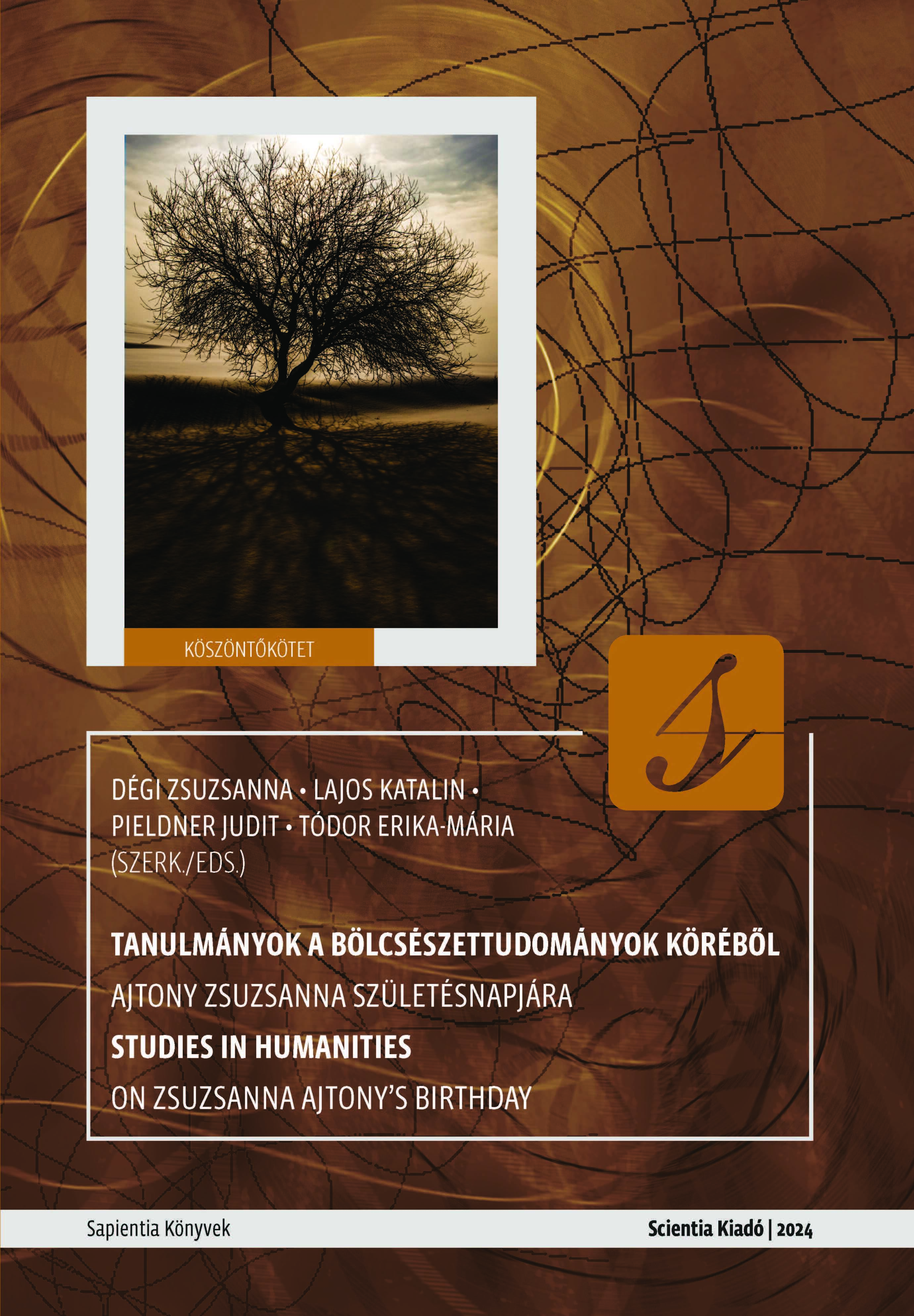BAZELE FOTOGRAFIEI
Author(s): Mira Marincaș / Language(s): Romanian
Keywords: technical side of photography; image analysis; John Berger; Susan Sontag; analogue photography;
The handbook comprises two major parts: an introduction to the technical side of photography (with the simplest ways of understanding and seeking information for one’s personal technical development) and an in-depth part of critical perception, image analysis, and deep study of the fields of photography. The book set out to establish a guideline for individual study, but more importantly for a perpetual pendulum swinging between the duality a student of photography faces, in particular: technique versus content, making versus theorizing the image. Not all students will become photographers, most of them will follow other, more attractive lines of study offered by this department, such as directing and camera operator, and some will be theorists or historians of photography. As a basic course that covers both aspects, it was a stylistic challenge to make a readable transition to simplicity, equally including descriptive elements for recommended body attire while making a photograph and introductory notions of John Berger’s or Susan Sontag’s philosophy. Sometimes the footnotes, containing extensive biographical data regarding the artist’s life, are meant to shorten the time needed for contextualization; an artist’s work is largely and organically influenced by their personal life. Thus deeper understanding can exist if we perceive not only the work but also the person in the same interpretive frame. Analogue photography, a shift towards going back to the roots, is also present, as it is the basis of the photography course in the second year of study. Although presented only schematically, the techniques are meant to put what is important, the individual artistic expression, into a well-outlined framework. The recommended bibliography and filmography offer opportunities for individual immersion as well as an opening to new territories unexplored in this photography course – one that will be written by the next generation. The illustrations in the book are iconic references to the history of photography, joined by some photography exercises by university students. As an educator, I feel fulfilled promoting the students’ work and feel indebted to them for their interest and passion for photography. Without them, this handbook would be meaningless.
More...
